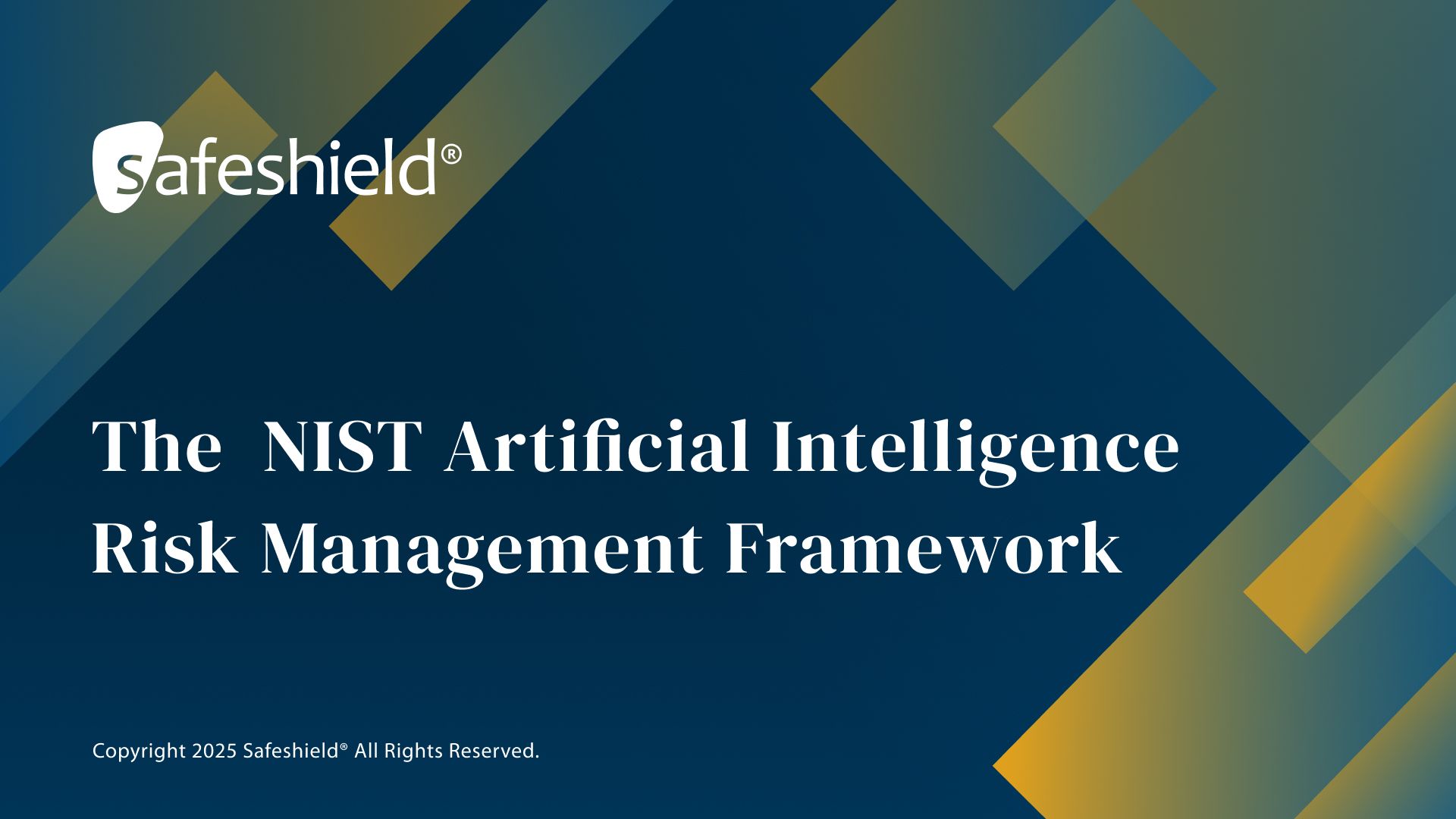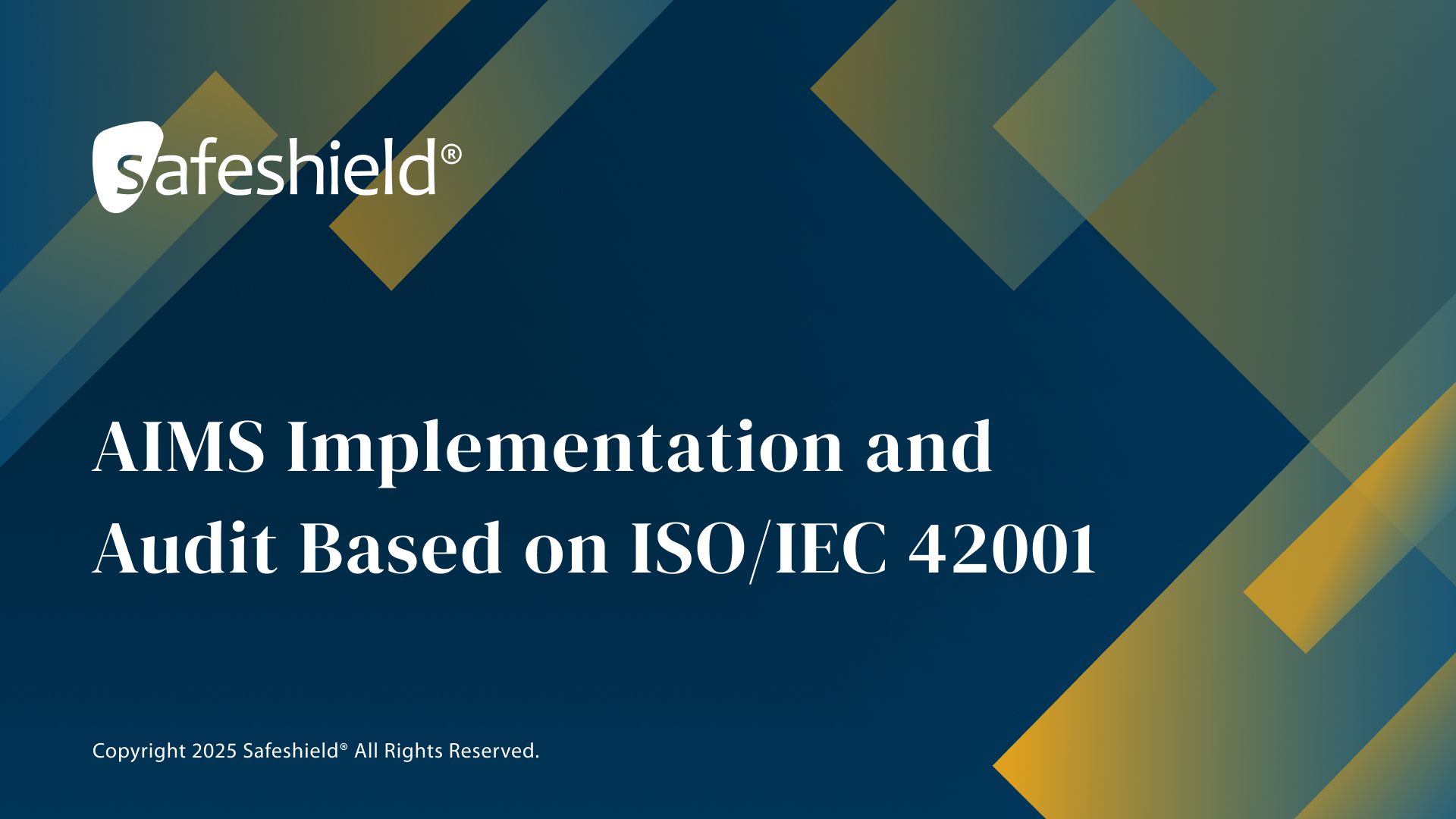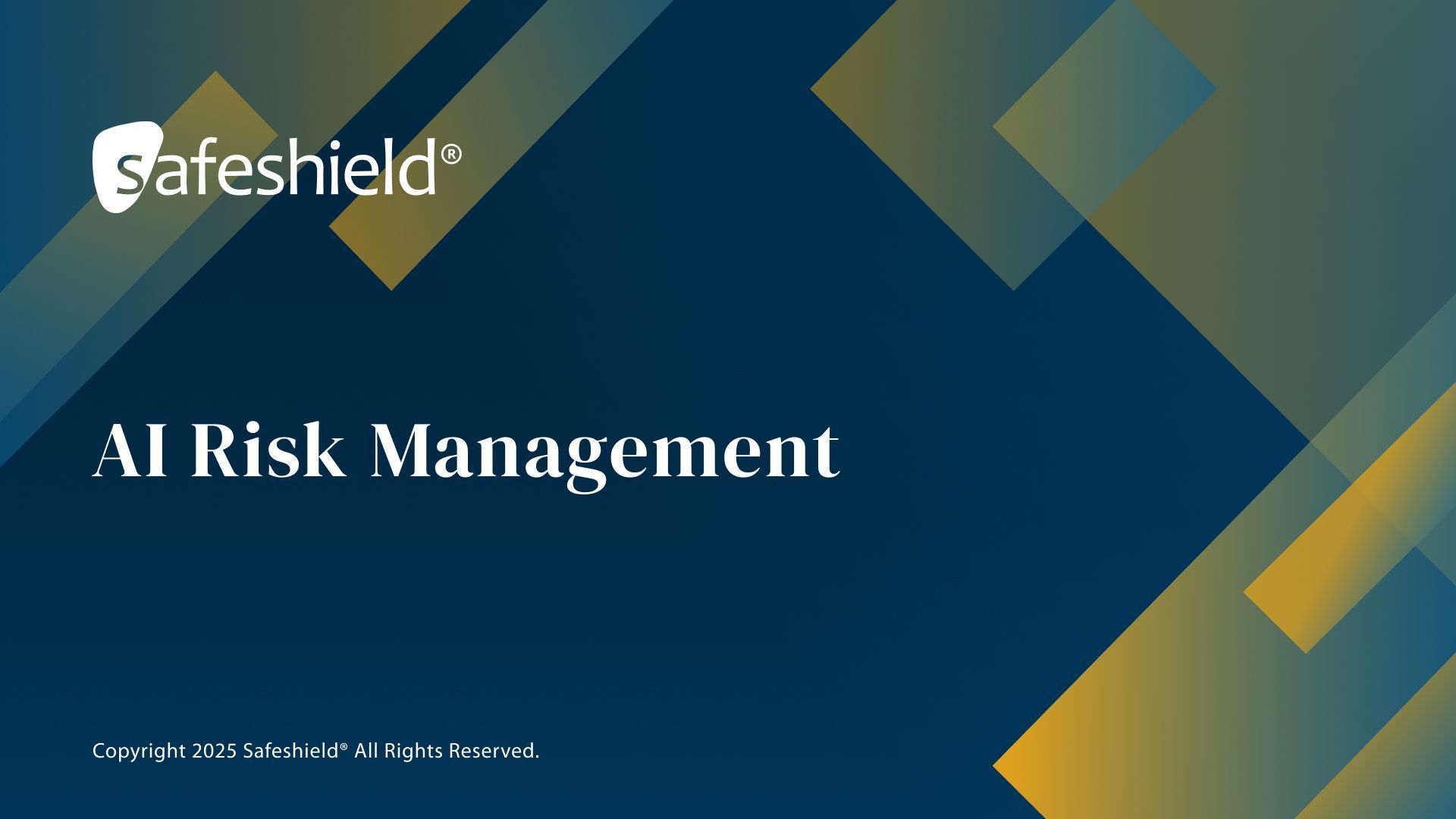What You Need to Know about Becoming a Cybersecurity Incident Responder
January 16, 2025
Cybersecurity Incident Responders play a critical role in defending organizations against threats. When a security breach occurs, it’s the Incident Responder who steps in to mitigate the damage, recover data, and act to prevent future incidents. Incident Responders are crucial in minimizing the impact of cyberattacks, making them an essential component of any comprehensive cybersecurity strategy.
But what does it take to become a successful Incident Responder? Here’s a look at the key skills and knowledge required to excel.
Understanding Cyber Threats
To succeed as an Incident Responder, a strong understanding of various cyber threats is essential. This includes knowledge of malware, phishing attacks, ransomware, Distributed Denial of Service (DDoS) attacks, and more. Each of these threats presents unique challenges, and being able to quickly identify and categorize them is key to responding effectively.
For example, recognizing the signs of a phishing attack—such as suspicious email attachments or misleading links—can help in isolating the threat before it spreads. Understanding how ransomware operates, encrypting files and demanding payment, enables Incident Responders to act swiftly to contain the infection and recover data without giving in to extortion demands. Similarly, identifying DDoS attacks allows responders to implement measures to mitigate the flood of traffic, ensuring the continuity of critical services.
Beyond simply recognizing these threats, Incident Responders must also stay informed about emerging threats and evolving tactics used by cybercriminals. This continuous learning is critical for adapting response strategies to address new and sophisticated attacks.
Incident Detection and Monitoring
A key responsibility of an Incident Responder is the detection of potential security incidents. This requires proficiency in various monitoring tools and techniques to keep an eye on network activity, system logs, and security alerts. Early detection is crucial, as the faster an incident is identified, the quicker it can be contained and mitigated.
Tools like Security Information and Event Management (SIEM) systems are integral to this process. SIEM systems aggregate and analyze data from various sources across the network, providing real-time visibility into potential threats. By setting up alerts for any unusual activity—such as an unexpected spike in data transfer or unauthorized access attempts—Incident Responders can quickly identify and investigate suspicious behavior.
In addition to technical tools, Incident Responders must also be skilled in threat hunting. This proactive approach involves searching for signs of potential security breaches before they are flagged by automated systems. By looking for anomalies and patterns that suggest malicious activity, Incident Responders can catch threats early and minimize their impact.
Operating Systems and Forensics Expertise
In the aftermath of a security incident, Incident Responders must analyze affected systems to understand what happened, how it happened, and what can be done to prevent it from happening again. This requires deep knowledge of operating systems, especially Linux, Windows, and macOS, as each has its own specificities when it comes to forensics and incident response.
For example, understanding the Windows registry and Event Viewer logs can help pinpoint the timeline of an attack on a Windows machine. In Linux environments, familiarity with command-line tools like grep, awk, and sed is essential for sifting through logs and identifying the source of a breach. MacOS, with its unique file system and logging mechanisms, also requires specialized knowledge to effectively conduct a forensic investigation.
Digital forensics is another critical skill area. Incident Responders must be adept at preserving evidence, analyzing digital footprints, and reconstructing attack vectors. Tools like EnCase and FTK Imager are commonly used in this process, allowing responders to collect and analyze data in a way that maintains the integrity of the evidence, which is crucial for legal proceedings or internal investigations.
Communication and Coordination Skills
While technical expertise is vital, the ability to communicate effectively during a crisis is equally important for an Incident Responder. During a security incident, responders must collaborate with various teams, including IT, legal, and management, to coordinate a swift and effective response.
Clear communication is essential for ensuring that everyone involved understands the situation, the actions being taken, and the expected outcomes. This includes drafting incident reports, providing updates to stakeholders, and coordinating with external parties like law enforcement or cybersecurity firms when necessary.
In addition to internal communication, Incident Responders may also need to manage external communications, especially in the case of data breaches or other incidents that could impact the organization’s reputation. Crafting public statements, responding to media inquiries, and ensuring compliance with regulatory requirements are all part of the role.
Specialized Tools Mastery
Incident Responders rely on a variety of specialized tools to carry out their duties. Mastery of these tools is crucial for effectively detecting, analyzing, and responding to security incidents.
Wireshark is widely used for network traffic analysis, allowing responders to inspect data packets in real-time and identify malicious activity.
Microsoft’s Sysinternals Suite, a collection of tools for Windows, is invaluable for diagnosing and troubleshooting system issues that may arise during an incident.
Volatility is used for memory forensics and can help in understanding how malware operates in a system's memory.
Incident Responders must also be proficient with tools like Splunk, which is often used for log management and analysis, and Mandiant’s Redline, which assists in investigating hosts for signs of compromise. These tools, when used effectively, provide Incident Responders with the insights needed to quickly and accurately assess the severity of an incident and determine the best course of action.
Final Thoughts
Becoming a successful Cybersecurity Incident Responder involves a blend of technical expertise, hands-on experience, and ongoing education. With the right skills and certifications, you’ll be well-prepared to defend digital environments and contribute to the broader goal of Cybersecurity.
Share this article





